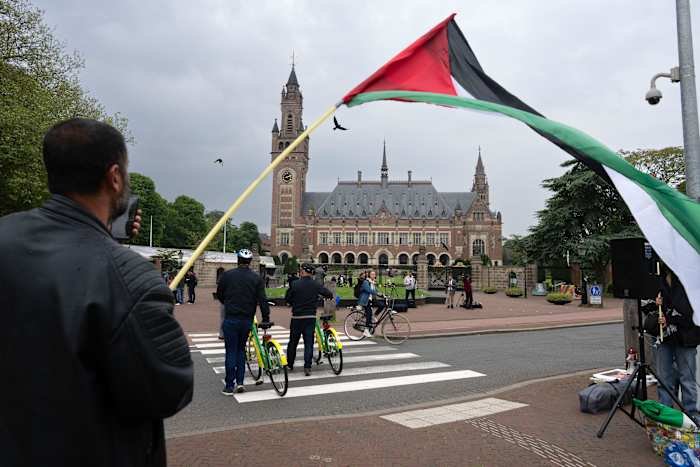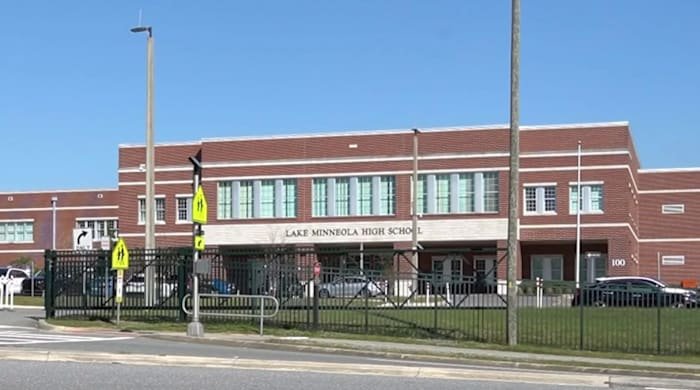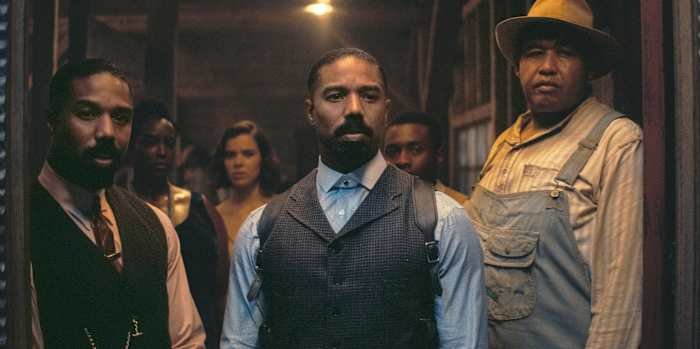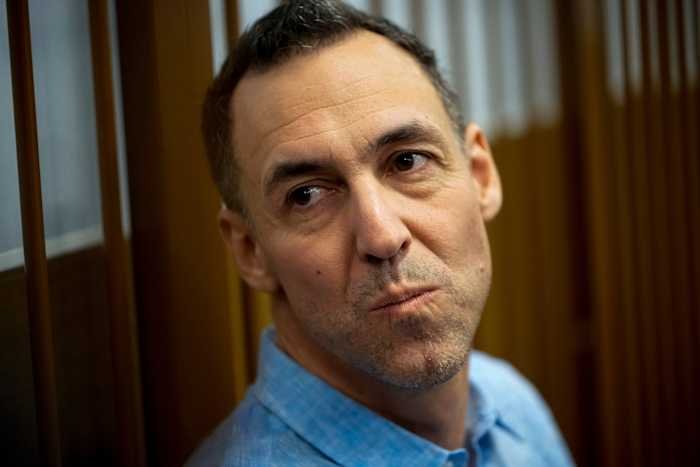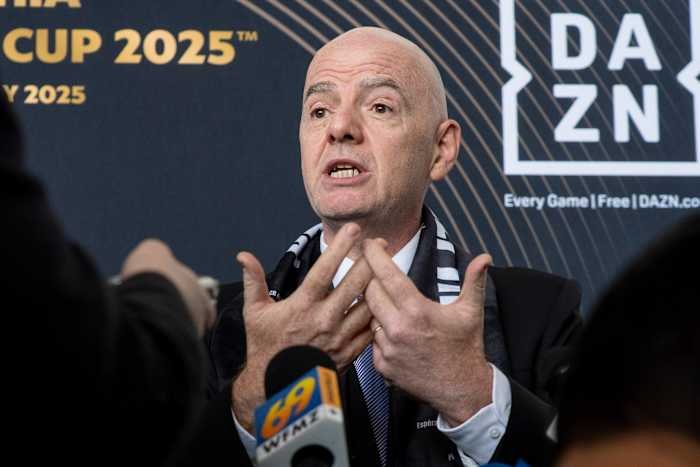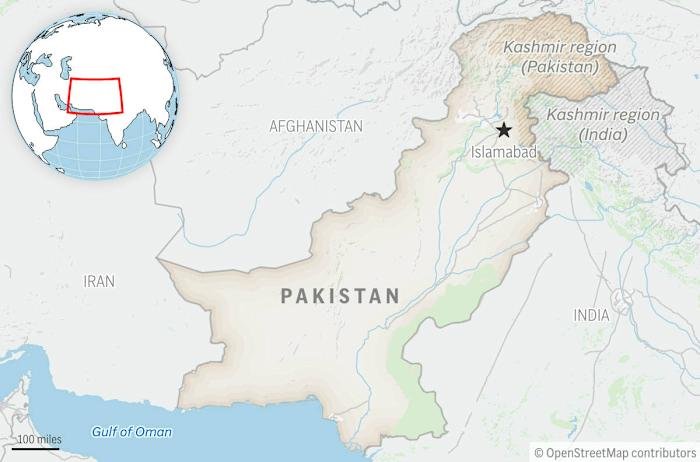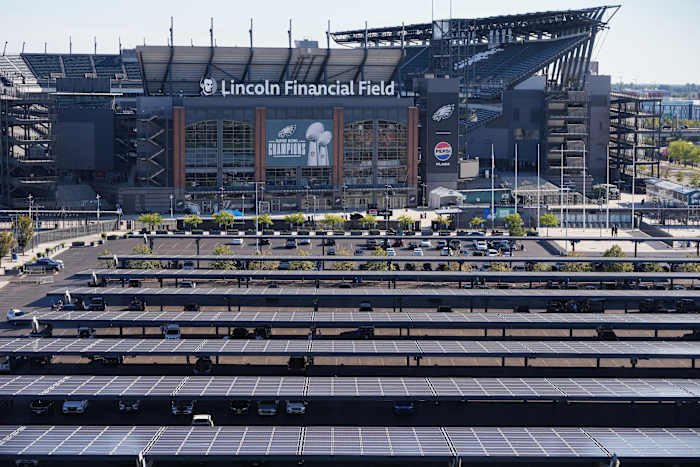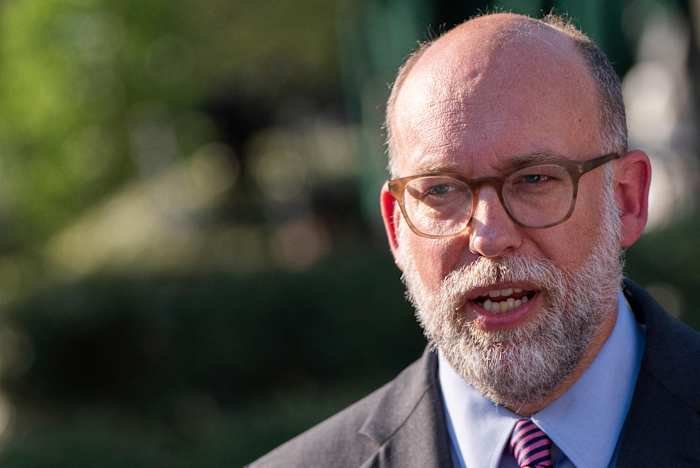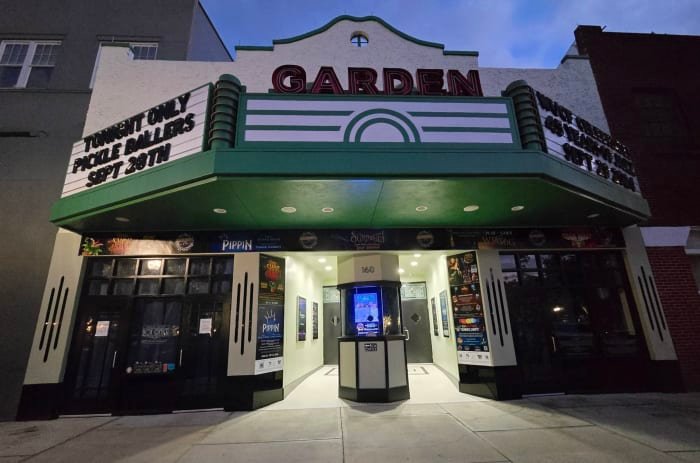Introduction
On Monday, the top court of the United Nations commenced a historic session, inviting representatives from 40 countries to share their perspectives on Israel’s responsibility to deliver critical humanitarian aid to Palestinians in Gaza and the occupied West Bank. The world is watching closely as the International Court of Justice (ICJ) in The Hague hears cases that could impact millions. But what does this mean for Orlando residents, and why should our local community care? In this deep dive from Daily Orlando News, we explore the global and local ramifications of this humanitarian crisis unfolding before the highest international court.
Global Spotlight: The UN Court’s Role in the Crisis
The International Court of Justice, often called the “World Court,” is tasked with resolving disputes between nations and providing advisory opinions on international law. This week’s hearings focus on whether Israel is meeting its obligations under international law to ensure aid reaches Palestinians living in increasingly dire conditions. Over 40 nations, including the United States, are expected to present arguments or statements about the legal and moral obligations of all parties involved, particularly regarding food, water, medicine, and safe passage for humanitarian workers.
The world’s attention is particularly fixed on Gaza, where the United Nations and aid groups have repeatedly warned of a growing humanitarian catastrophe. With the ICJ stepping in, there is hope that international pressure will lead to actionable steps and accountability, potentially setting a precedent for future conflicts. For Orlando, a city known for its diverse international community and robust humanitarian spirit, the decisions made in The Hague may inspire local activism and support efforts.
Humanitarian Crisis: What’s Happening in Gaza and the West Bank?
Since the escalation of conflict in Gaza, the region has faced devastating shortages of basic necessities. Hospitals are overwhelmed, clean water is scarce, and food insecurity is rampant. The occupied West Bank, while less reported, also faces severe restrictions and recurring violence. The United Nations reports that more than two million people in Gaza require urgent assistance.
Many families in Orlando have relatives or friends living in the affected areas, and our city has seen solidarity events, charity drives, and local advocacy in response to the crisis. Numerous Orlando-based organizations, including faith groups and humanitarian charities, are connected to national and international networks delivering aid to Gaza and the West Bank. By staying informed about the ICJ hearings, Orlando residents can better understand the global response and how their efforts fit into the bigger picture.
Orlando’s Ties: Local Impact and Community Response
Orlando’s vibrant Palestinian, Jewish, and Arab-American communities are deeply affected by the ongoing crisis. Local businesses, religious institutions, and nonprofit organizations have organized vigils, fundraisers, and educational forums to raise awareness and provide tangible support to those suffering overseas. The emotional toll is real—many Orlando residents are anxiously following every development, hoping for relief for family and friends abroad.
In addition to direct connections, Orlando’s universities and civic organizations often host discussions about international law, human rights, and U.S. foreign policy. The ICJ hearings offer a timely opportunity for students, activists, and concerned citizens to engage in meaningful dialogue about humanitarian principles and the role of international institutions. As the world debates what more can be done for Gaza and the West Bank, Orlando is uniquely positioned to amplify calls for compassion and action.
What Comes Next: Potential Outcomes and Local Actions
The ICJ’s decision is not expected to come swiftly, but the hearings themselves are already influencing public opinion and diplomatic efforts. Should the court issue a binding order or even a strong advisory opinion, it could pressure Israel and other stakeholders to facilitate greater humanitarian access. Such a move could encourage governments and aid agencies to increase their support, while also sparking debates in Congress and among U.S. allies.
For Orlando, that means more opportunities to participate in humanitarian outreach, advocacy, and educational events. Local leaders may collaborate with international partners to ensure aid reaches those who need it most. Civic groups, churches, and mosques are already discussing ways to bolster support for affected families. At the same time, Orlando’s media, including Daily Orlando News, will continue to cover developments and share ways the community can help.
Conclusion: Join the Conversation
The humanitarian crisis in Gaza and the West Bank is a global issue with local impact, resonating deeply within Orlando’s diverse community. As the United Nations court hears from dozens of nations about Israel’s responsibilities, Orlando residents are reminded of their shared humanity and the power of collective action. We encourage you to stay engaged, support local initiatives, and keep the conversation going.
What are your thoughts on the UN court hearings and the role Orlando can play in supporting humanitarian relief efforts? Share your perspective in the comments below—we want to hear from you!

